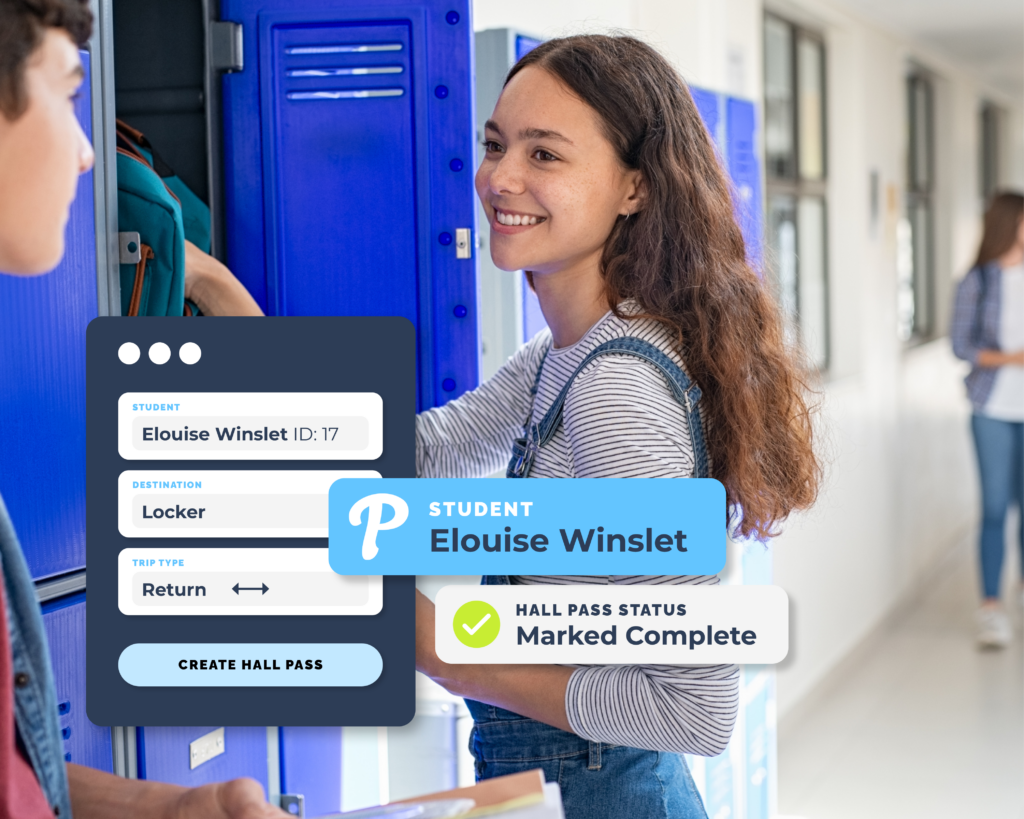It’s no longer IQ vs EQ— it’s both.
IQ (Intelligence Quotient) is defined as the “relative intelligence of a person” or “proficiency in or knowledge of a specified subject.” Certainly, IQ and intellect are one and the same. Let’s explore Emotional Intelligence in the context of Education, a little more in detail.
The concept of emotional intelligence (EI or EQ), however, challenges us to broaden our view. Put on the map over two decades ago by Daniel Goleman with his book, Emotional Intelligence: Why It Can Matter More Than IQ, emotional intelligence became part of the conversation about tools for success.
Classrooms and other academic environments easily lean into engaging IQ, but are we developing pathways to EQ for students as well? The reasons to do more are intriguing and the opportunities are endless.
Why does Higher Education need to focus on Emotional Intelligence?
Emotional intelligence is “concerned with the ability to perceive, understand and manage emotion, both in ourselves and others.” It covers five main areas: self-awareness, emotional control, self-motivation, empathy, and relationship skills.
Why is emotional intelligence relevant in higher education? It beautifully supports one of its primary objectives: Developing students into hirable employees and successful professionals.
Employers are seeking emotionally intelligent candidates who are more collaborative, better at listening, and good at handling pressure. There’s something in it for the employees as well; a recent study found that students with higher levels of EI go on to earn better salaries ten to twelve years after graduation. They are more career-ready with a sophistication previous generations needed years of work experience to achieve.
A higher EQ could also have a broader impact on life skills. Research shows higher levels of EI are related to better workplace performance, engagement, decision making, stress resilience, conflict management, team working, and leadership. Certainly, decision making, conflict management, and stress resilience serve a person well in their professional and personal lives. In fact, it is reported that having good levels of EI helps people to deal with challenges such as making and keeping healthy relationships (both friendship and intimate).
Lastly, and unsurprisingly, emotional intelligence is related to the “soft skills” coveted by employers and educators alike. Emotional intelligence forms a base level of competency that all soft skills are built upon.
Who should be involved?
It is essential to have campus partners across academic and student affairs involved in this endeavor. Career centers, tutoring centers, counseling centers, academic advising, and health promotion staff to contribute to a strong partnership. While mental health, soft skills, stress management, and emotional intelligence are each distinct and nuanced, there is overlap worth exploring in collaboration.
This approach might also alleviate the burden of demand on college counseling centers. Two counseling professionals with the Yale Center for Emotional Intelligence write in “Why College Freshmen Need to take Emotions 101” that “colleges would do well to go beyond the therapeutic model and integrate positive emotional skill-building.” They offer examples from Pace University, McCaulay Honors College, graduate and medical schools that are making such efforts.
This post was originally written by Priya Thomas for the Knack blog. Want to read more? Check out other posts here.



